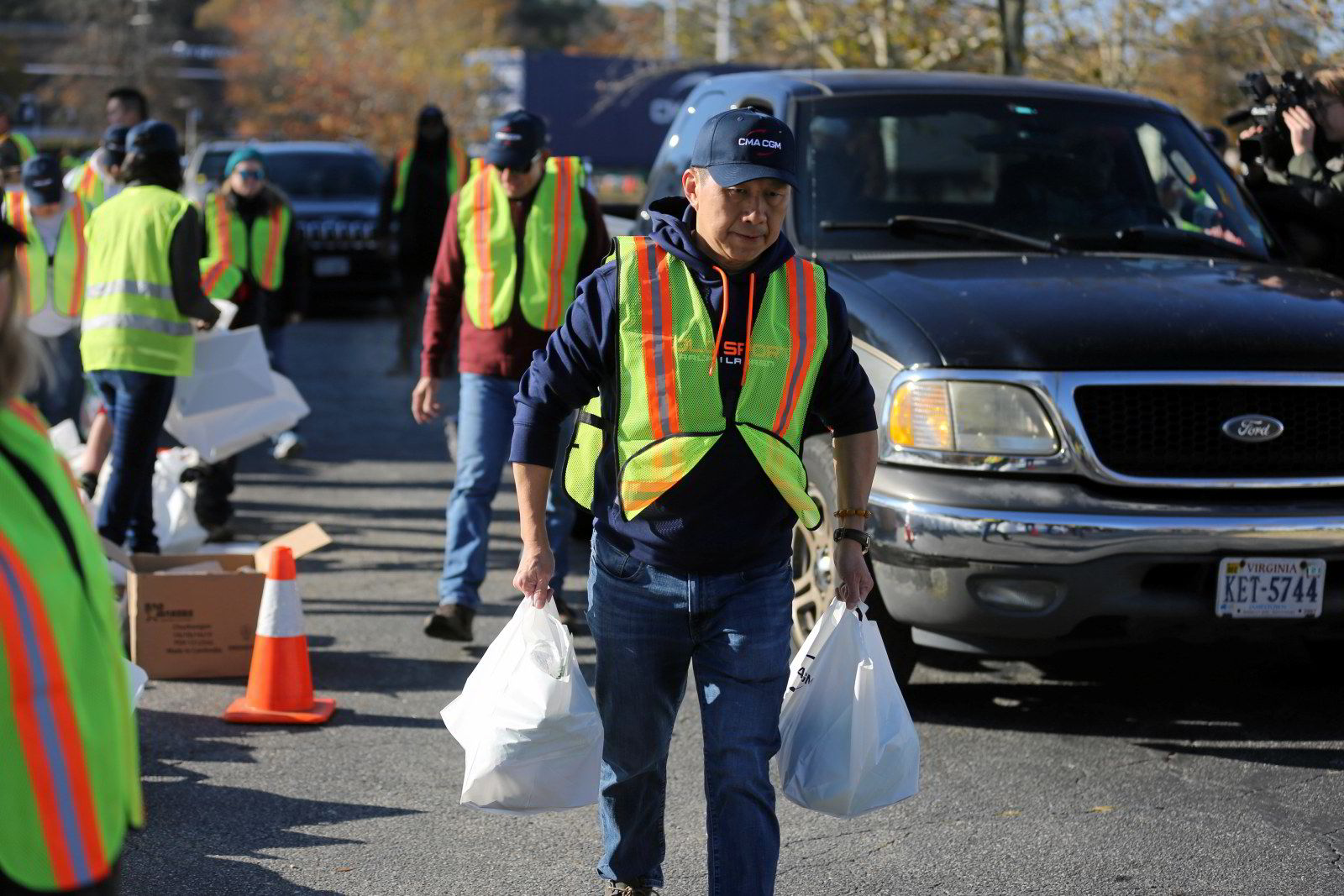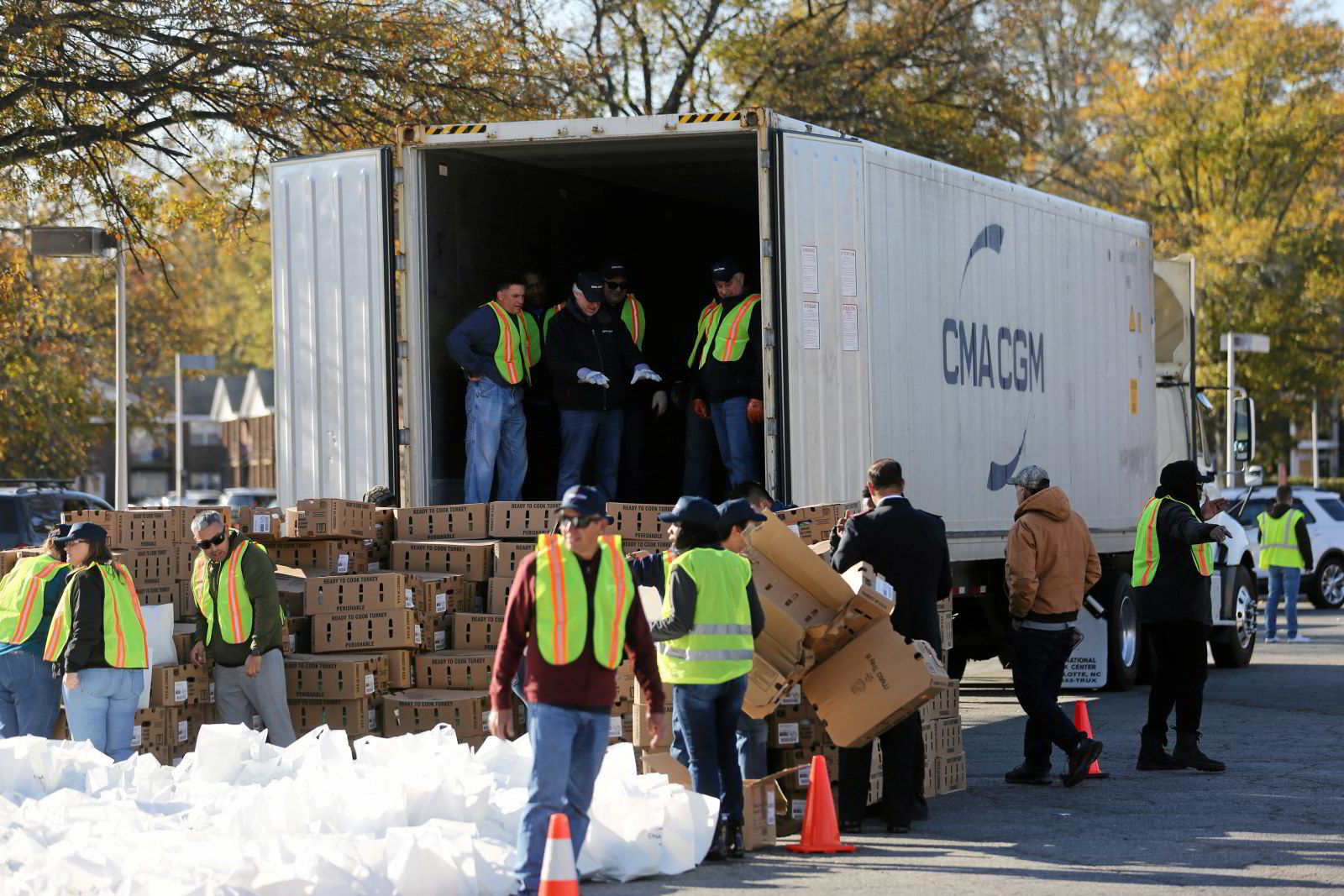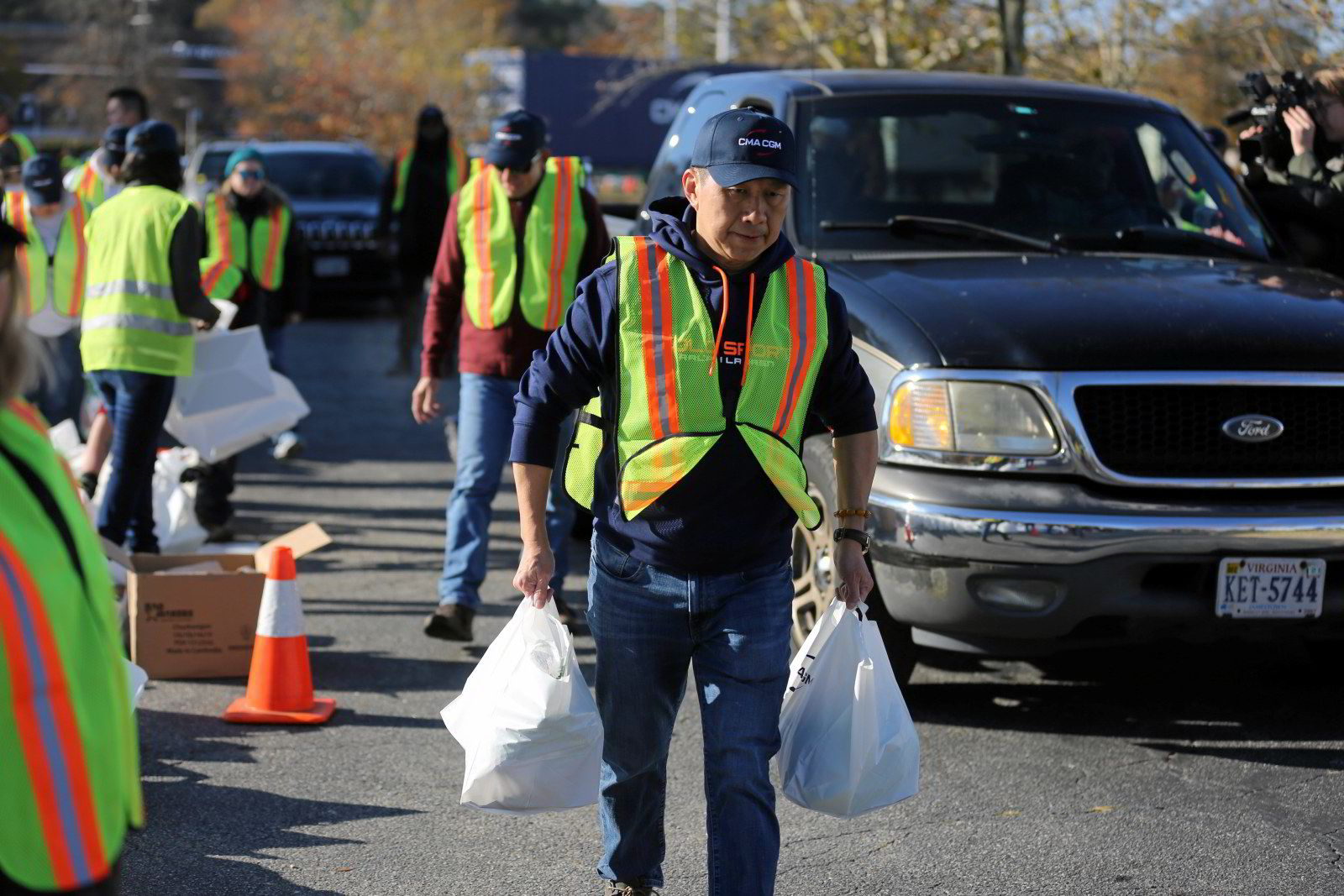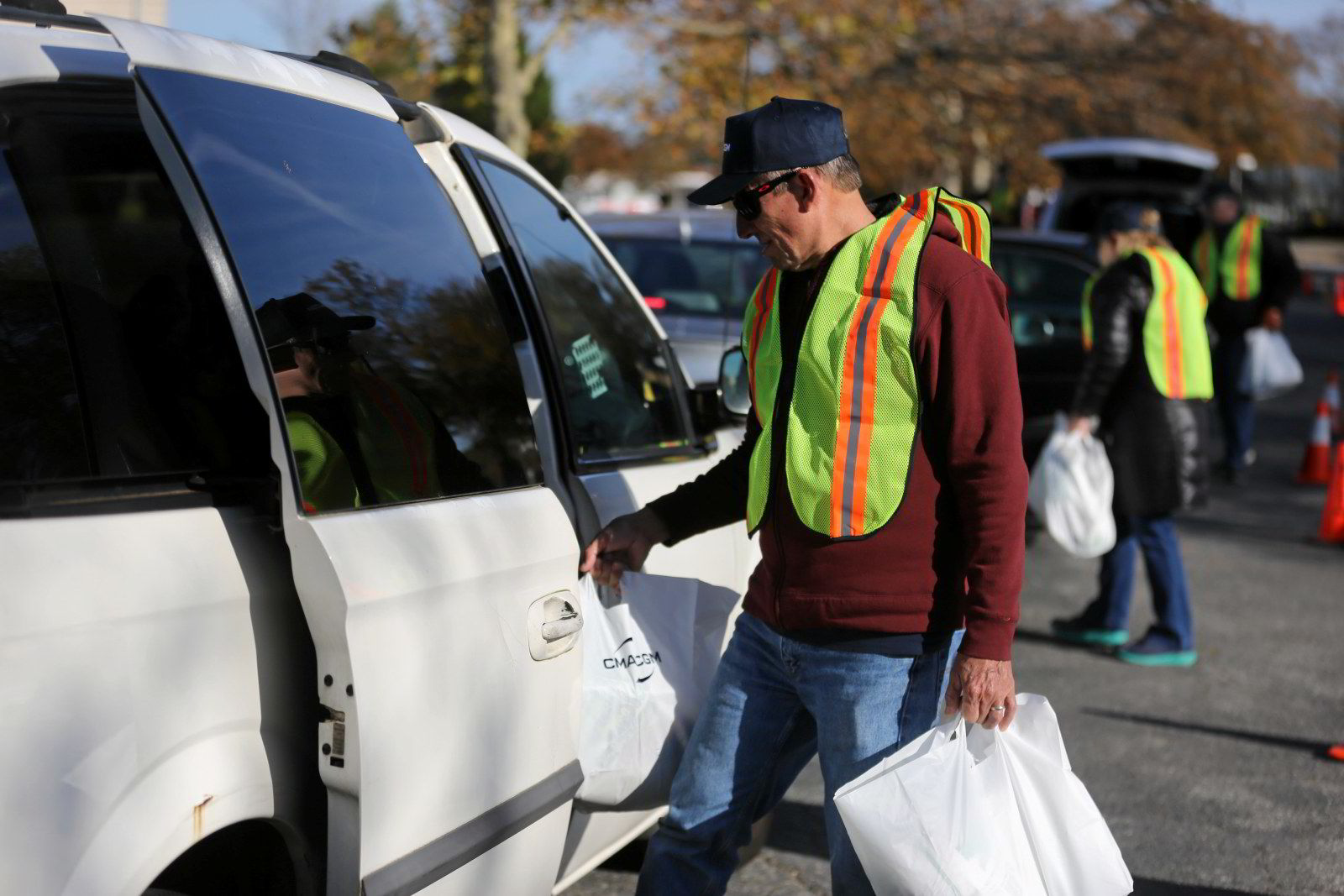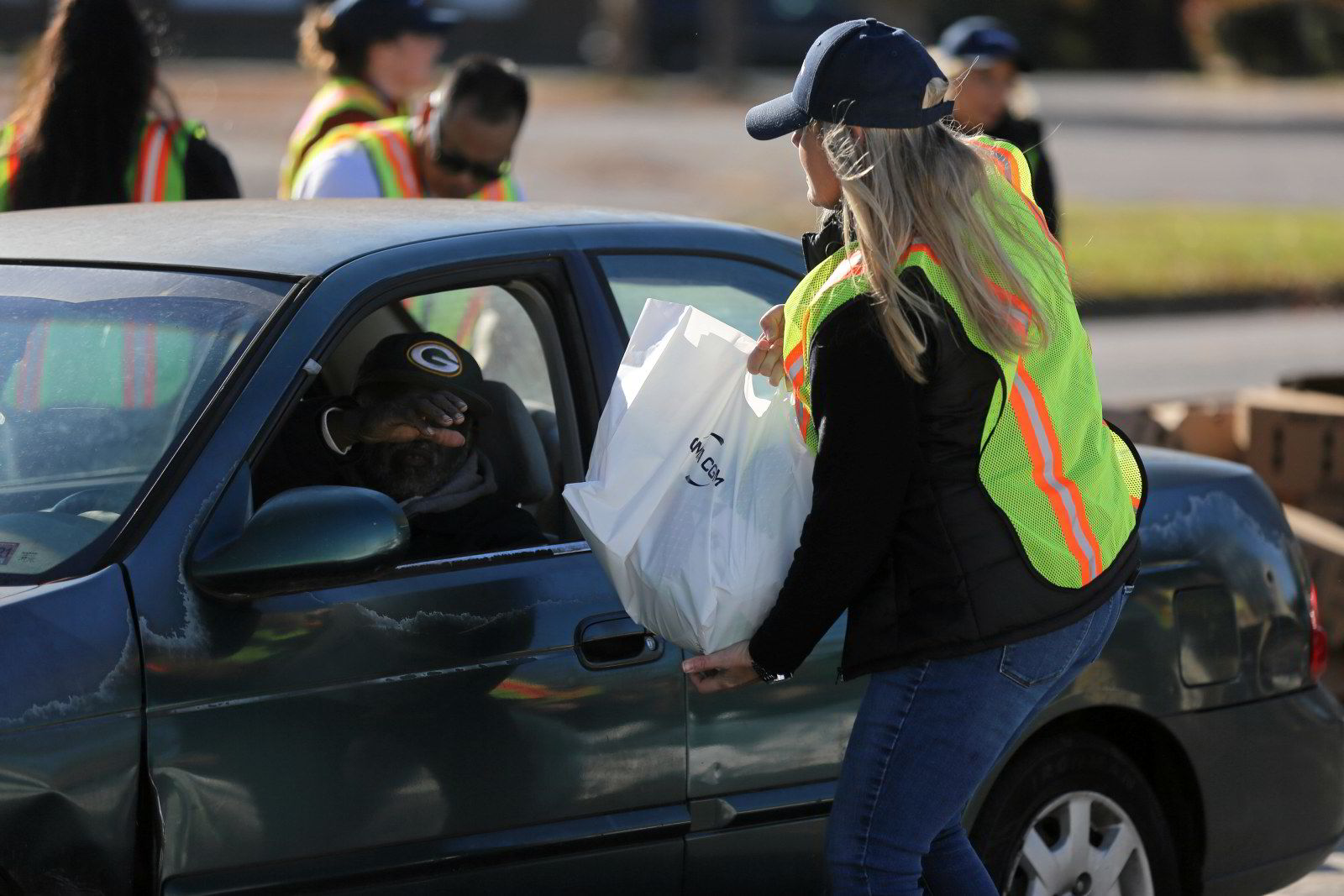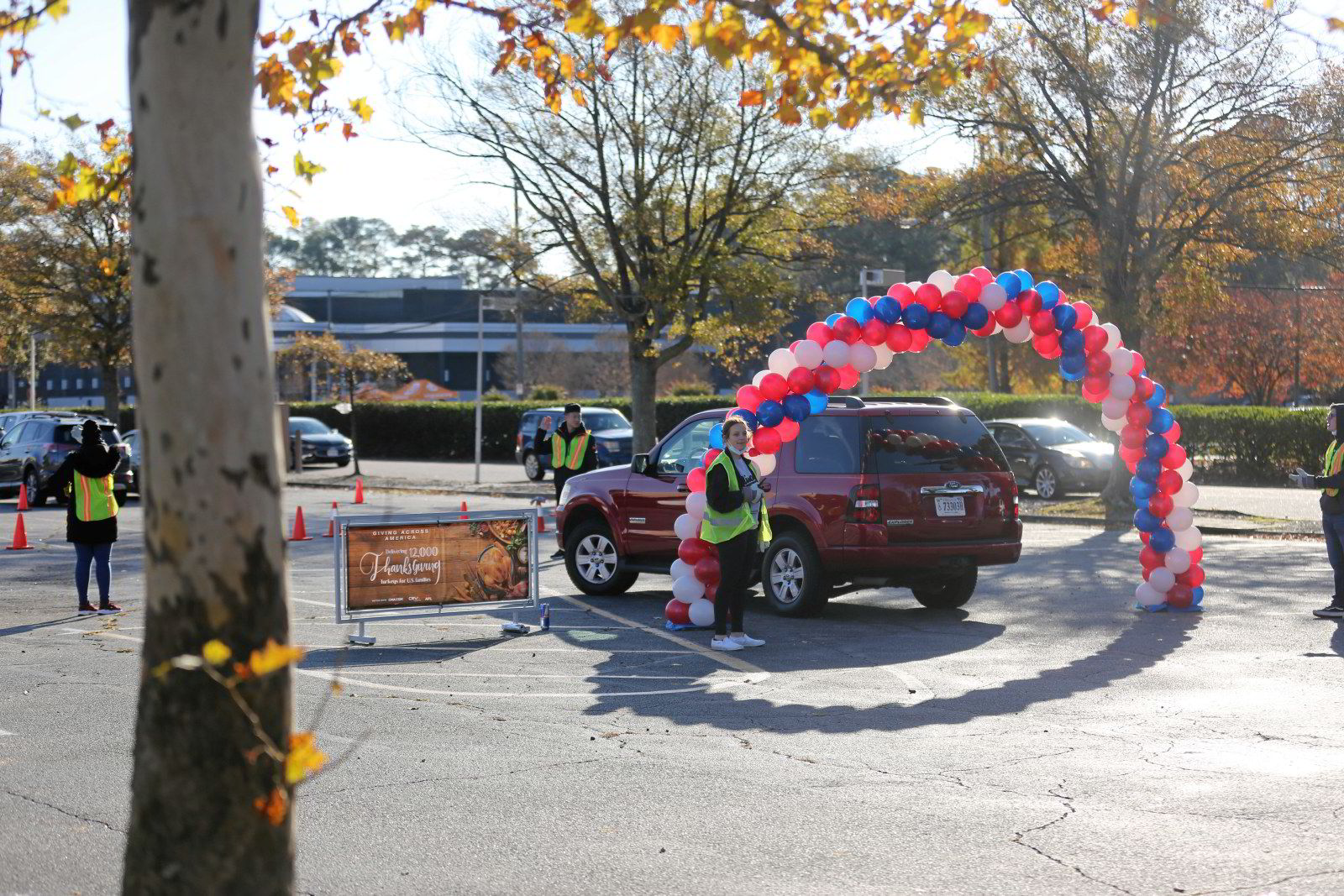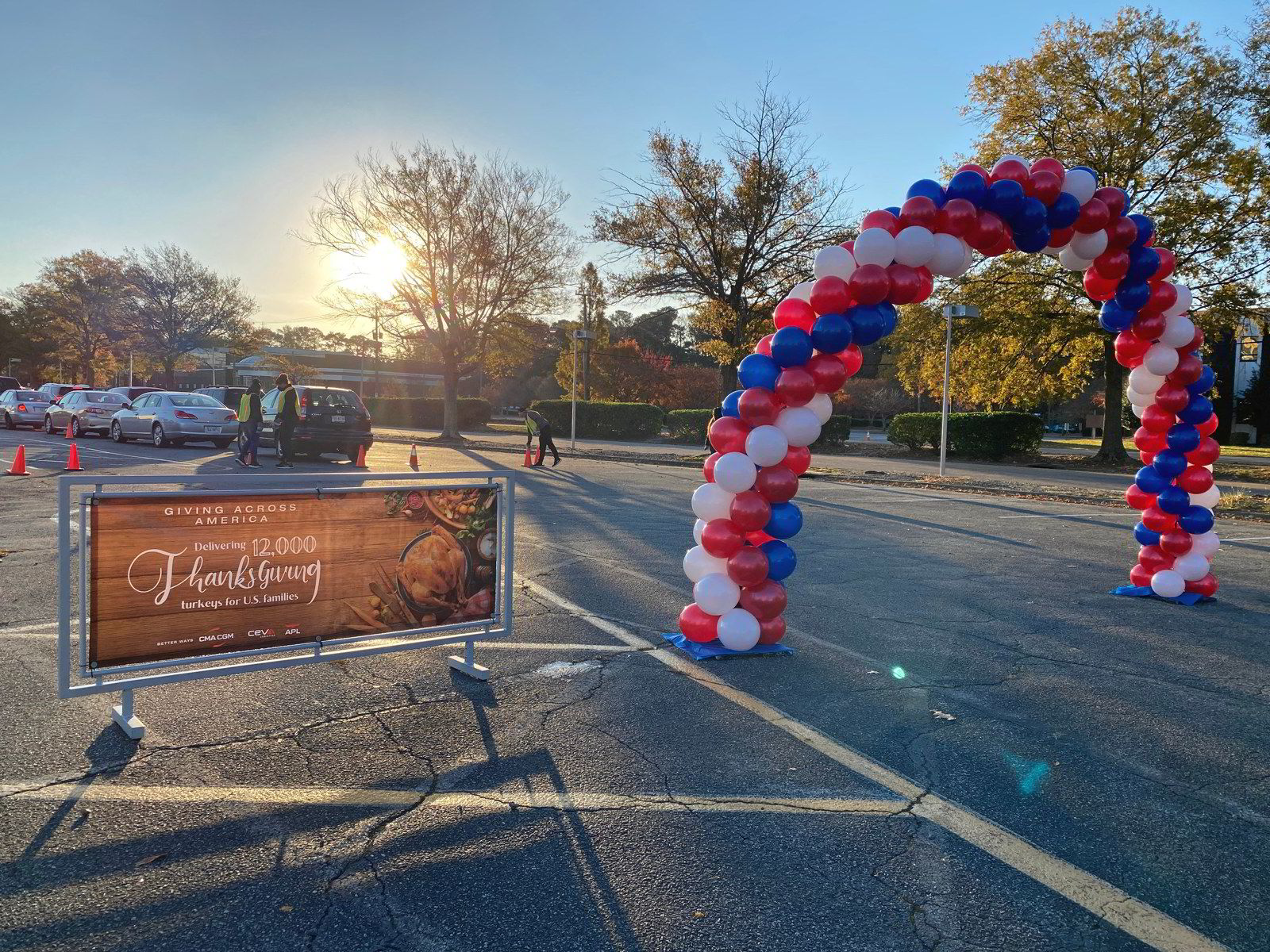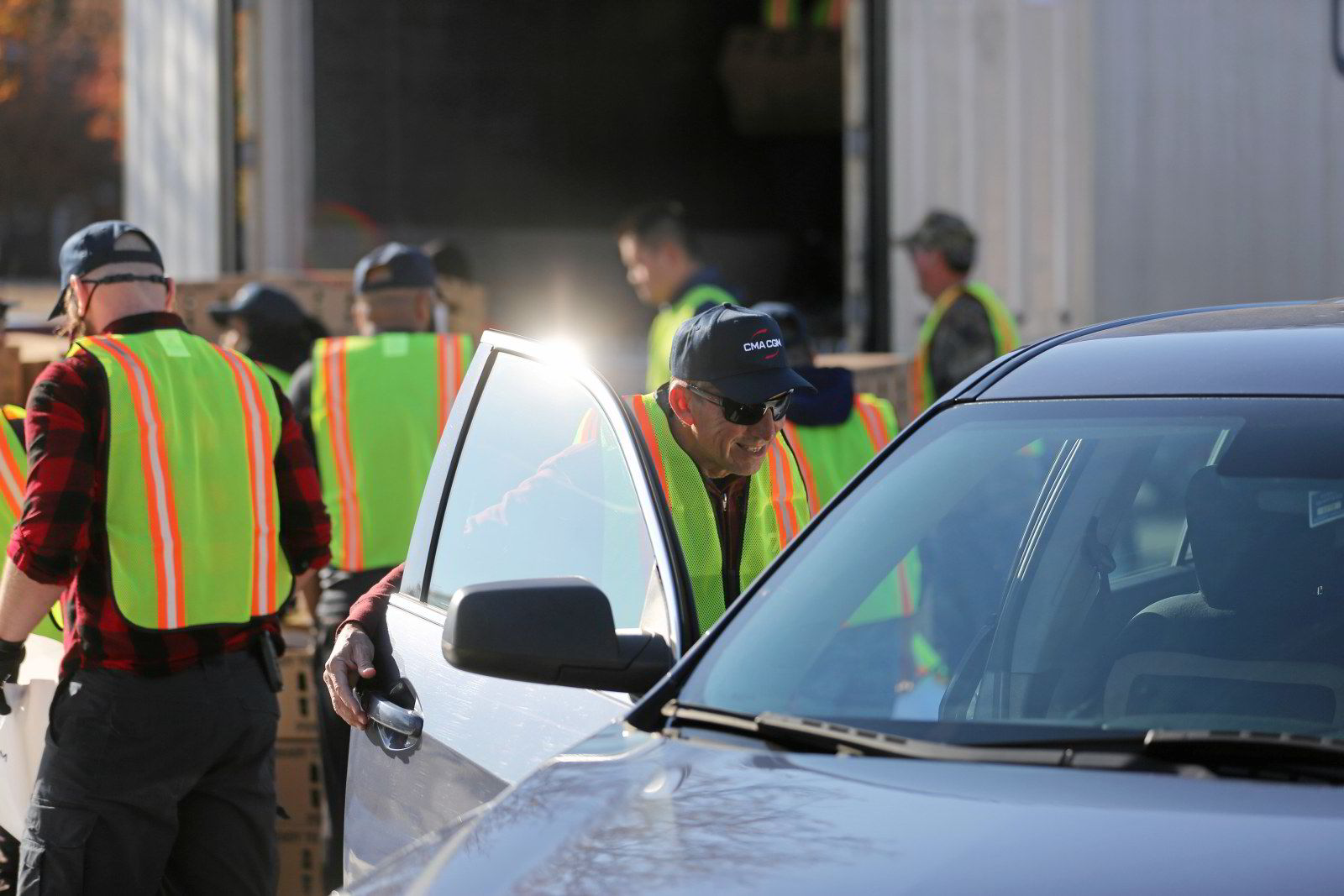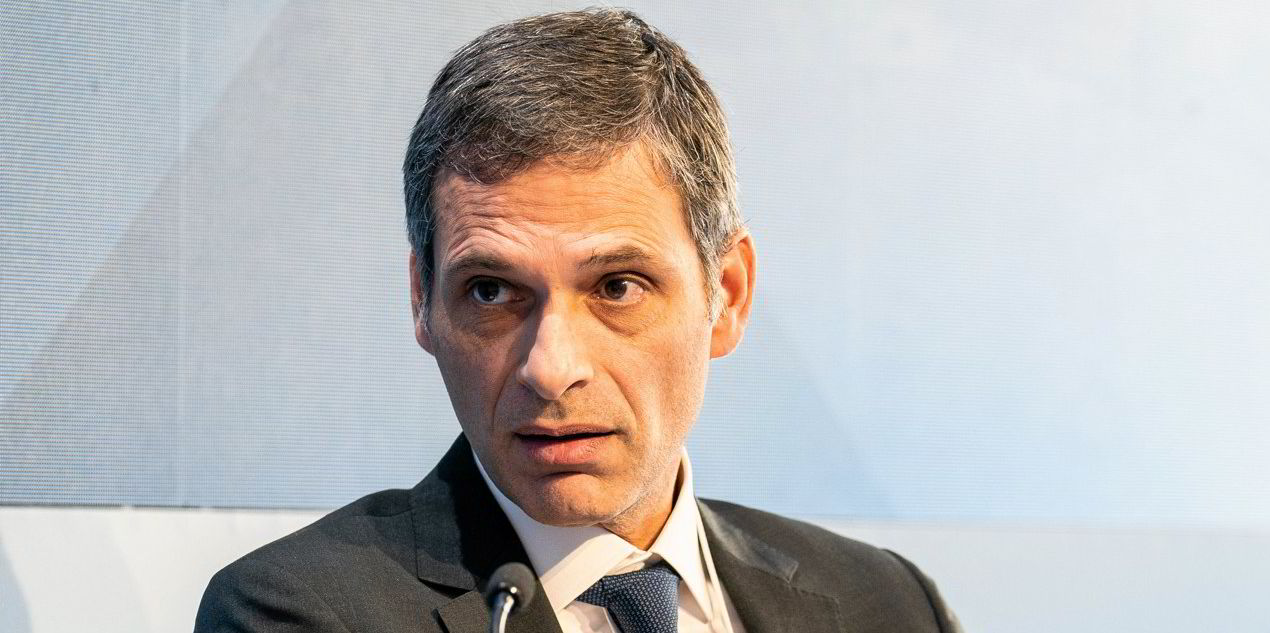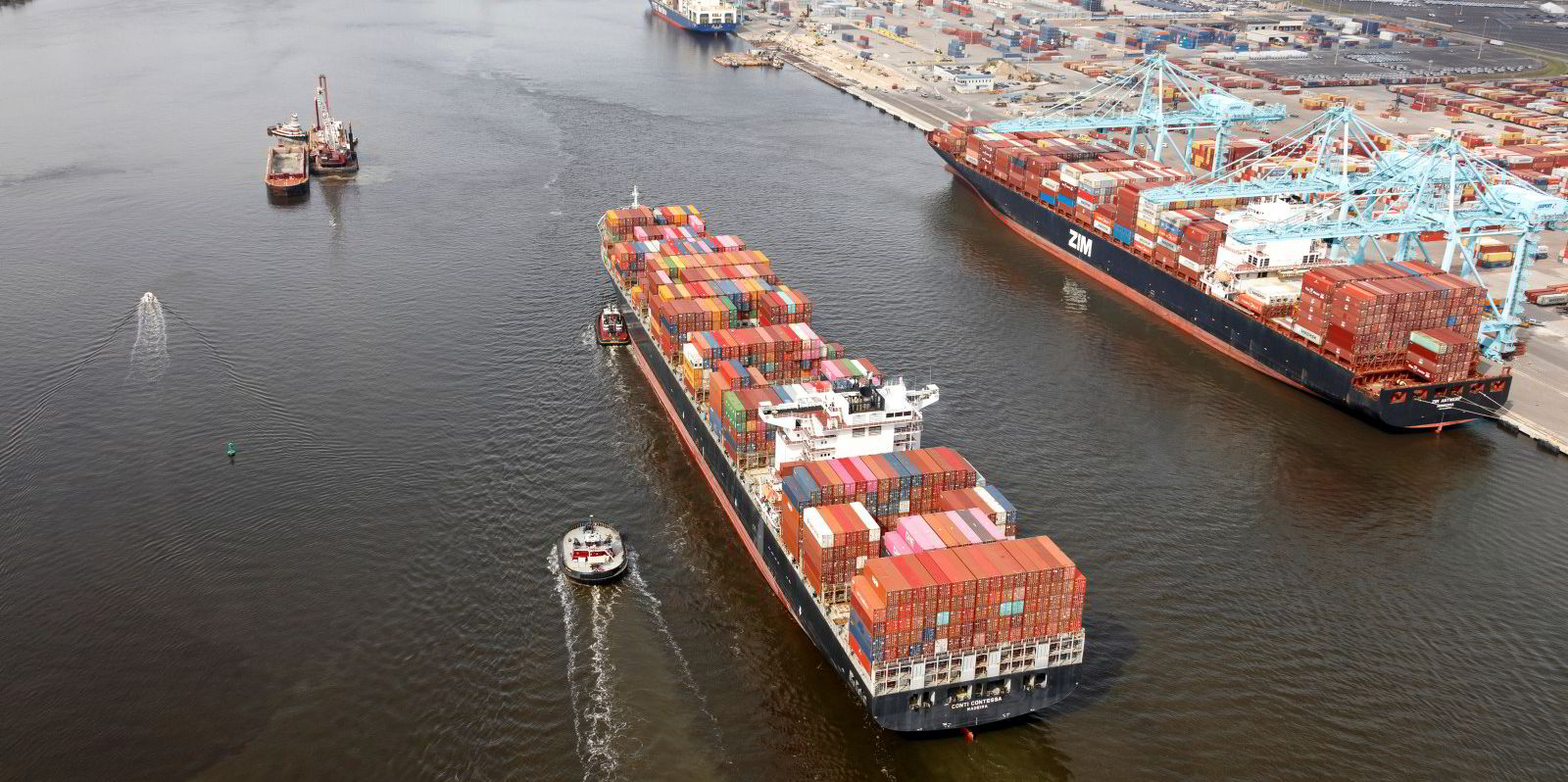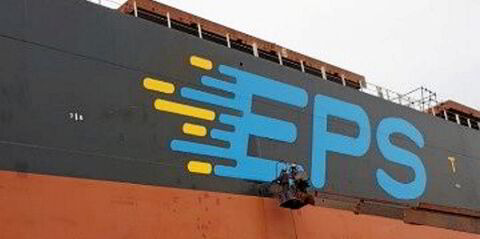Supply chain woes making headlines in the US were not going to stop turkeys from getting into the hands of those in need — at least not for the beneficiaries of CMA CGM's Giving Across America programme.
The French liner operator has been working to deliver 12,000 turkeys across the US, including 2,500 delivered to families in Norfolk, Virginia, where the liner giant's US headquarters is located.
The company set up a drive-through turkey pick-up in the city's Military Circle Mall, where CMA CGM America employees helped distribute food in coordination with the Salvation Army.
Then on Sunday, CMA CGM partnered with the Salvation Army and the port of Virginia to distribute warm meals in the local community.
It was just one event in an effort to feed more than 130,000 Americans during the Thanksgiving season.
Its subsidiary, CEVA Logistics, handled transportation for the turkeys, which were provided to families in Washington DC, Nashville, Wilmington, Houston, Los Angeles and Savannah.
The effort also saw CMA CGM and its APL subsidiary work to provide 1,000 turkeys to US troops in coordination with the United Services Organization.
The French company carried out its turkey drive as a demonstration of its "commitment to the US".
Ed Aldridge, president of CMA CGM America and APL North America, said: "We are grateful that we can help Americans who need support this holiday season by providing a Thanksgiving staple: the turkey."
He told Channel 13 News Now that many families are struggling during the Covid-19 pandemic.
"It’s been a tough year," he said. "The last couple of years have been very tough for people around the country, and we just want to be there for them and help them during this precious time.”
This Thanksgiving comes as shipping is also on the mind of US consumers,, who are worried that supply chain woes will impact their ability to serve Thanksgiving favourites.
Some supermarkets are beginning to see shortages of cranberries, pumpkins and sweet potatoes, according to Yahoo Finance.
"Consumers are not really panic buying, but they're buying in anticipation of not having it," Pedro Reyes, associate professor of business at Baylor University, told the website.
